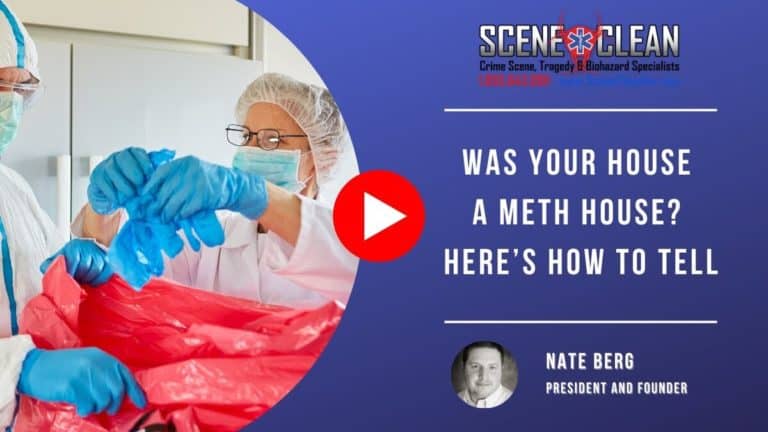Suicide is a tragedy that leaves a profound impact on families. The shock and grief can be overwhelming, leading to actions that might worsen the situation. Understanding the common mistakes made at a suicide scene can help families navigate this difficult time more effectively and prevent further trauma.
Understanding the Impact of a Suicide Scene
The immediate aftermath of discovering a suicide is often chaotic and emotionally charged. Families are usually unprepared for the scene they encounter, leading to a series of actions that can exacerbate the situation. The mental health implications of witnessing the aftermath can be severe, leading to long-term psychological effects. This is why it’s crucial to be aware of the common mistakes made in these tragic circumstances.
Common Mistakes at a Suicide Scene
Entering the Scene Unnecessarily
One of the most frequent mistakes families make is entering the suicide scene. The initial shock or a sense of duty to find or help their loved one can drive family members to go into the scene without thinking. However, this can lead to significant mental health repercussions. The visual and emotional trauma of seeing a loved one in such a state can be debilitating. Therefore, it is strongly advised to avoid entering the scene if it’s not necessary.
Inadvertent Contamination
Another common issue is inadvertent contamination. Families, driven by shock or curiosity, might step into the scene and unintentionally walk through blood or other bodily fluids. This can lead to the spread of biohazards throughout the home, increasing the risk of exposure to potentially harmful substances. Moreover, it complicates the clean-up process, making it more challenging and time-consuming for professionals to restore the site.
Why Professional Help Is Essential
Minimizing Trauma
The primary reason professional biohazard cleanup services exist is to minimize the mental health impact on families. Trained professionals are equipped to handle the physical and emotional aspects of a suicide scene. They can provide a buffer, allowing family members to avoid the traumatic sights and smells associated with such scenes.
Proper Cleanup and Documentation
Professionals also ensure that the cleanup is thorough and safe. They use specialized equipment and techniques to remove all biohazards, ensuring that the home is safe for re-entry. Additionally, they can help retrieve important documents or personal items that might be needed for insurance claims or other legal matters. By entrusting this task to professionals, families can focus on grieving and healing without the added burden of dealing with the scene.
Steps to Take if You Discover a Suicide Scene
Avoid the Scene
If you discover a suicide scene, the best course of action is to avoid entering the area. Close the door to prevent anyone from going in and call the authorities immediately. They will handle the initial investigation and secure the scene.
Contact Professional Cleanup Services
Once the authorities have finished their work, contact a professional biohazard cleanup service. These experts will assess the situation and begin the cleanup process. They will also assist in retrieving any necessary items from the scene safely.
Seek Emotional Support
Dealing with the aftermath of a suicide is incredibly challenging. It is important to seek emotional support from friends, family, or mental health professionals. Support groups for those affected by suicide can also be beneficial, providing a space to share experiences and find comfort in knowing you are not alone.
Conclusion
Facing the aftermath of a suicide is one of the most harrowing experiences a family can endure. By understanding the common mistakes made at a suicide scene and knowing the appropriate steps to take, families can mitigate additional trauma and ensure the proper handling of the situation. Professional help is crucial in these moments, offering both practical assistance and emotional support to navigate this difficult time. Contact Scene Clean today for expert assistance and compassionate support during these challenging times.






